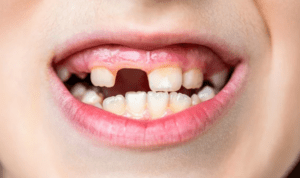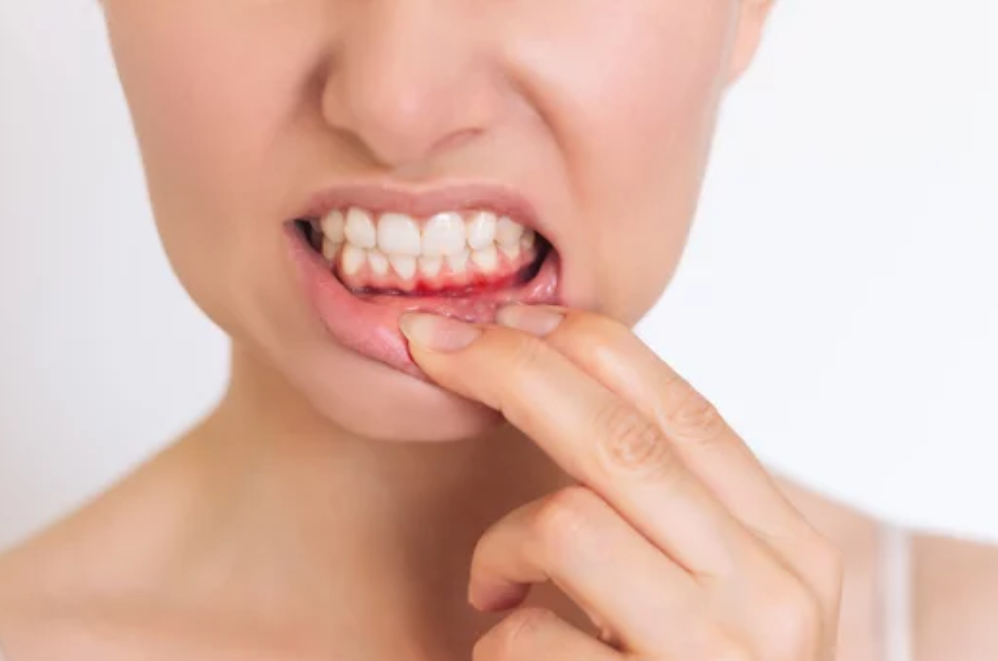When it comes to dental health, there are numerous myths and misconceptions that can confuse and mislead people. In this blog post, we aim to debunk some of the most common dental myths, providing you with accurate information to help you maintain optimal oral health.
1. Myth: Sugar is the sole cause of cavities.
Fact: While sugar does contribute to tooth decay, it is not the sole culprit. Cavities occur when bacteria in the mouth produce acids that erode tooth enamel. Poor oral hygiene, infrequent dental visits, and consuming acidic foods and drinks can also contribute to cavities. Maintaining good oral hygiene practices, including regular brushing, flossing, and dental check-ups, is essential in preventing cavities.
2. Myth: Brushing harder leads to cleaner teeth.
Fact: Brushing harder does not equate to cleaner teeth. In fact, aggressive brushing can damage tooth enamel and irritate gums, leading to sensitivity and gum recession. It is recommended to use a soft-bristled toothbrush and gentle, circular motions to effectively remove plaque without causing harm.
3. Myth: Baby teeth are not important since they eventually fall out.
Fact: Baby teeth play a crucial role in a child’s overall dental health. They help with proper speech development, chewing, and maintaining space for permanent teeth. Neglecting baby teeth can lead to early tooth loss, misalignment, and potential issues with permanent teeth. Regular dental visits and proper oral hygiene practices should begin as soon as the first tooth appears.
 4. Myth: White teeth equal healthy teeth.
4. Myth: White teeth equal healthy teeth.
Fact: While white teeth are often associated with good oral health, it is not always the case. Teeth can appear white but still have underlying issues such as decay or gum disease. Regular dental check-ups are vital to assess the overall health of your teeth and gums, regardless of their color.
5. Myth: Chewing sugar-free gum is just as effective as brushing.
Fact: Chewing sugar-free gum can be a helpful adjunct to oral hygiene, but it is not a substitute for brushing and flossing. Gum chewing stimulates saliva production, which helps neutralize acids and wash away food particles. However, it cannot remove plaque or prevent cavities on its own. Brushing twice a day and flossing daily remain essential for maintaining good oral health.
By debunking dental myths, we can make informed decisions about our oral health. Understanding the facts behind common misconceptions, such as the causes of cavities, proper brushing techniques, the importance of baby teeth, the significance of tooth color, and the role of sugar-free gum, empowers us to take better care of our smiles.







Recent Comments